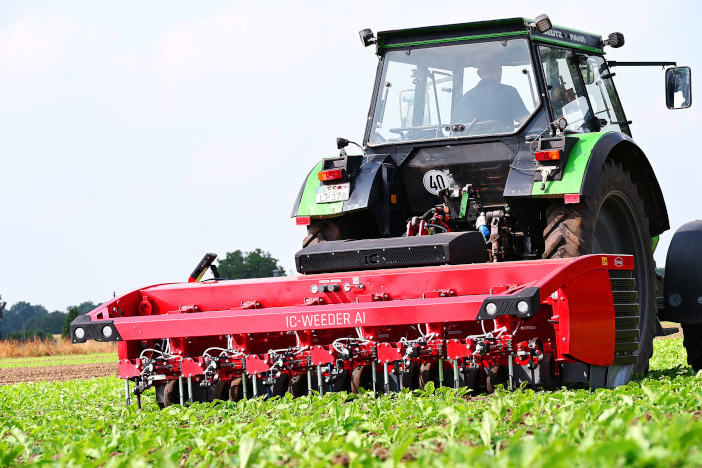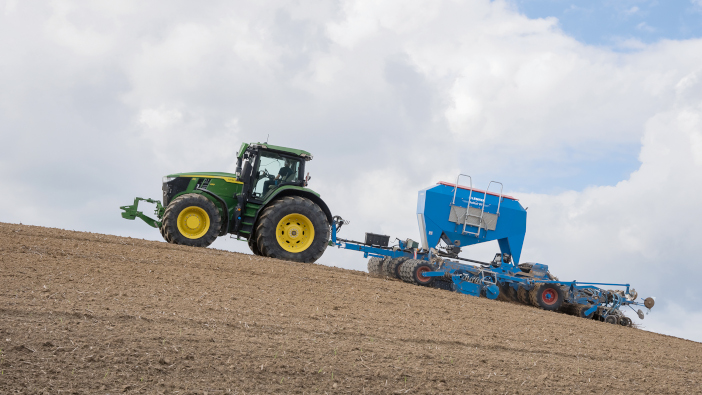International agricultural machinery manufacturer Lemken closed the business year with a 22% increase in sales, for a total sales intake of €446 million. Lemken said that the figure represents a record for the 242-year-old family business. The same year also saw a rise in the number of LEMKEN employees worldwide, to 1,697.
The strong sales of seed drills compensated for Lemken’s discontinued field sprayer segment, in the German market. The export share increased to 81%, in international markets, with growth in the overseas markets of Canada, USA, Oceania and South Africa. Lemken also set up a sales and service base near Des Moines, USA, to handle the increased US demand.
While Lemken is concerned by the war in Ukraine, on both a human and economic level, the volume of existing orders (across all other sales markets) has meant that employment remains secure at production sites.
For 2022, Lemken will continue its Excellence Programme at its Alpen headquarters, to modernise and make production and assembly more flexible. The Haren assembly site will be further expanded, following its reorganisation in 2021 for the manufacture of Lemken seed drills; it will now include the building of a range of new models too.

For Steketee, a recently acquired subsidiary of Lemken, a new factory is scheduled to be opened in 2023, in South Holland.
Lemken will also be launching new equipment in 2022: the Heliodor compact disc harrow with liquid manure distributor, and, as of the summer, the Karat 10 cultivator as a tine implement with leading discs. For the autumn season, the Solitair DT will be available as a completely revised trailed drill combination.
Additionally, Lemken and Steketee will introduce new hoeing technology in the form of the IC-Weeder automatic intra-row hoeing machine in an AI-enhanced version. Lemken have also introduced a concept for the autonomous deployment of implements, to safeguard and optimise implement processes, via sensor-based monitoring and camera technology.
Later in 2022, Lemken will be collaborating with the Leibniz Centre for Agricultural Landscape Research on a carbon farming research project; to develop a plough that permanently binds CO2 in deeper soil layers, to increase the humus content in the long term cultivated horizon.


